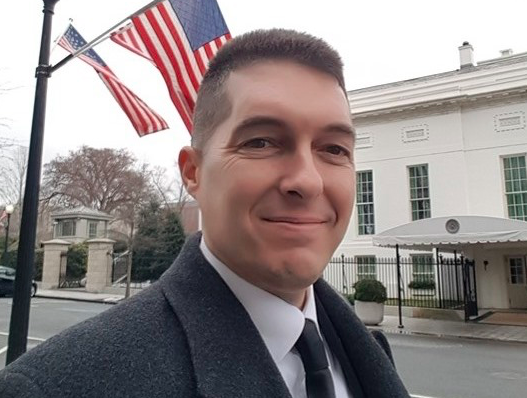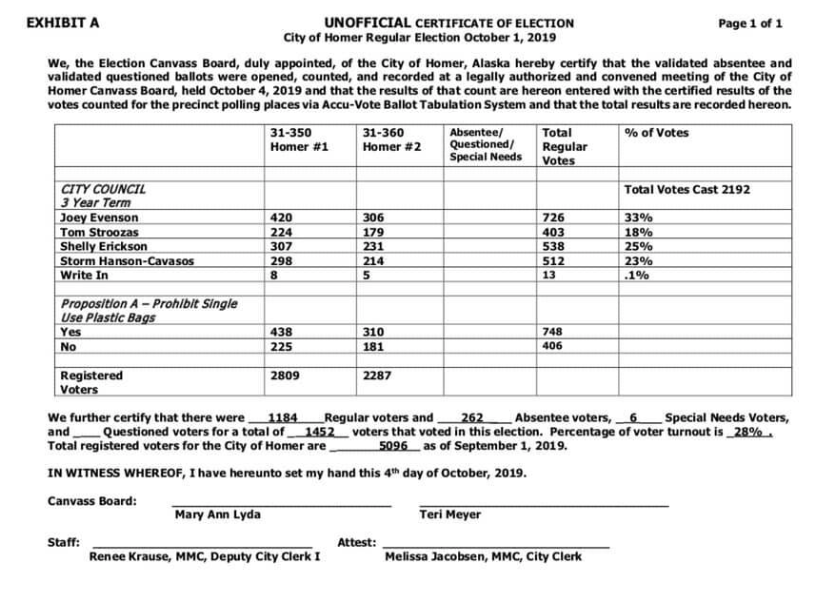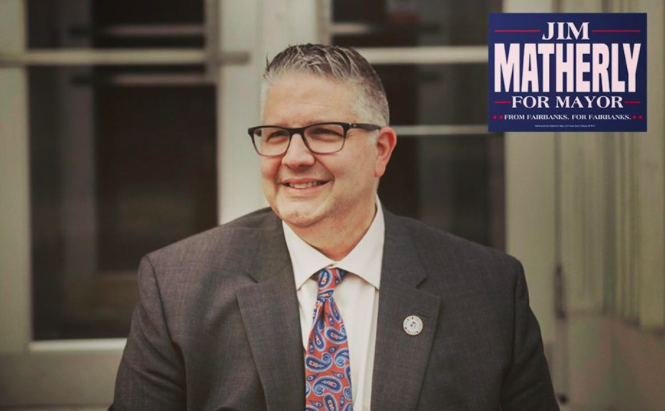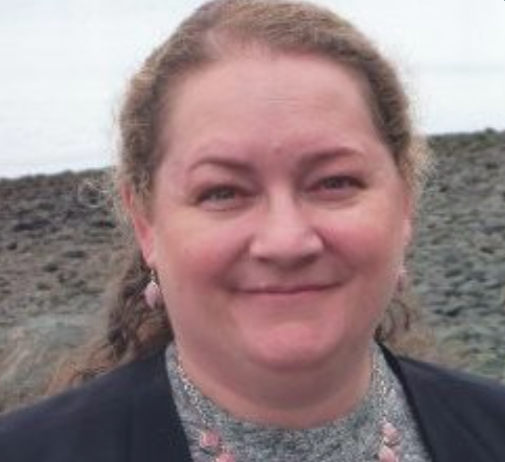YOU’LL RECOGNIZE HIS NAME FROM THE PALIN YEARS
Rodney Dial is the new mayor of the Ketchikan Borough. Dial is a lifelong Alaskan, a veteran, and former Alaska State Trooper with a cinematic smile and a life story to match.
Dial most recently served on the Borough Assembly.
Preliminary results show Dial with 1,156 votes, with Michelle O’Brien getting 842, and Sid Hartley with 321.
Austin Otos and David Landis also won seats on the Borough Assembly. Landis was borough mayor but was term-limited, unable to run again for that seat.

Dial, born in Anchorage comes from a family of both Native and non-Native Alaskans, a family that has lived in the state for generations. His father was an Alaska State Trooper and he spent part of his youth following him around to remote locations.
Dial graduated from high school early and joined the U.S. Army, enlisting as a Ranger. He had several overseas deployments, including joint operations with the Contra Rebels in Honduras.
In 1990, he was hired as an Alaska State Trooper and stationed in Fairbanks. The next year he transferred to Ketchikan, where he stayed until 1994, when he was transferred to Talkeetna.
In 1998 he was promoted to Post Commander of the Glennallen Trooper Post. In 2001, he became one of the youngest individuals in Trooper history to be promoted to a Command Level Position. He was assigned to Anchorage and later in the Aleutians and North Slope.
In 2004, he requested reassignment in Ketchikan.
“My first experience with politics occurred on February 29, 2008, when Frank Bailey, Governor Palin’s director of boards and commissions, made a phone call to me in my capacity as the state troopers’ liaison to the Legislature. During this phone call it was suggested to me that I provide information and take actions inconsistent with state law; I refused. When the details of this phone call came out months later I instantly obtained a great deal of respect from many legislators who saw me as incorruptible. I believe this was a large part of why I became the longest serving legislative liaison in Trooper history,” Dial wrote.
He and his wife and daughter own the Alaska Ink Tattoo shop in Ketchikan.










